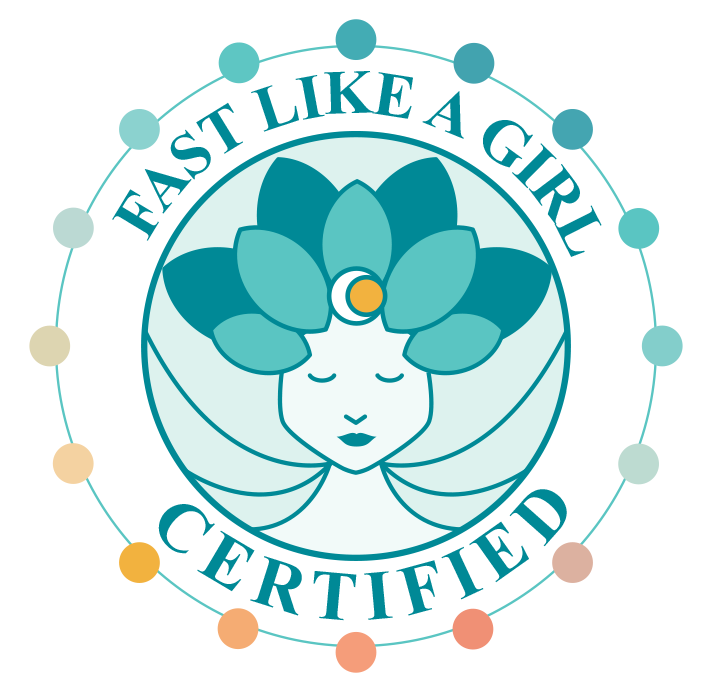Thought you were eating healthy because you include a variety of fruits and vegetables in your diet?
Gotcha! The latest internet reveal will tell you how your favorite fruit or veggie is undermining your health!
- lectins – legumes, squash, string beans, mung bean sprouts
- oxalates – like in almonds, spinach, Swiss chard, leeks
- nitrates and nitrites – leafy veggies, cabbage, bok choy
- solanine alkaloids – tomatoes, potatoes, eggplant, peppers
- fructose – most fruit
- high sugar – fruit, root veggies
Or is it?
We’re not talking about herbicides or pesticides on the produce. Or the ubiquitous glyphosate (the active ingredient in Roundup.) We’re not talking about GMO corn.
We’re not talking about processed foods like potato chips or fried puffed veggie sticks.
What gets villainized are the naturally-occurring constituents of whole plants – fruits and veggies.
Let’s Get Perspective
You could make an argument that any food is dangerous based on weak associations.
- animal studies with plant phytochemical amounts that would never translate to human consumption
- somewhat plausible mechanisms based on other findings – but not confirmed in real people eating real food
- what is shown in randomized controlled trials may not matter the most
Humans and plants evolved together in a changing environment. We’ve been eating plants forever and they have been giving us nutrients to function and adapt to our environment.
Plants have been adapting to their environment, partly with our help in selecting the tastiest. One way plants adapt to their environment is by making phytochemicals for strategic purposes, like warding off bugs that would eat them.
We’re one big happy family as we interact back and forth, making all of us stronger.
Hormesis Rules
A bit of the right kind of stress makes us stronger. That’s the idea of hormesis. Too much stress and/or the wrong kind of stress can do us in. That’s dangerous.
For example, exercise. We lift weights to stress our muscles so that they grow back bigger and stronger. If we tried to lift too heavy a weight, we could damage the muscle. If we were forced to lift weights all day, we could not keep up due to overuse and fatigue. The right kind and amount of exercise makes us healthier.
The same goes with constituents in plants called phytochemicals.
The Dose Makes the Poison
You’ve heard that, right? It’s hormesis.
Plant phytochemicals are the pesticides the plant makes in order to live in harmony with its environment. These phytochemicals are toxic to certain bugs or other plants. They only need to be made in tiny amounts because that is the scale of communication needed with bugs and other plants.
The twist is that when we eat these phytochemicals – plant-made toxins – they act according to hormesis and make us stronger. The toxins are tiny in amount in relation to everything we are eating. We respond to this little bit of stress by activating systems such as building our immune system or running a detoxification pathway better.
Now, if we were to extract these phytotoxins from the plant material in which they are found and concentrate them and ingest them, they could be harmful to us. That may be where claims of dangers of certain foods is coming from. But we’re not doing that because we eat them in the context of the whole plant, where they occur in miniscule amounts, and with other foods.
Unless you’re not. If you juiced huge quantities of spinach and kale and drank large amounts every day, day after day, you just might get a toxic dose of oxalates. If you were doing that in the name of health, it is misguided, an unbalanced way of eating. You may be poisoning yourself.
Phytochemicals can also be hormones
Since plants and humans grew up together, Nature designed the compounds to regulate our metabolic functions to be very much similar or the same. Yes, plants make hormones too to regulate their functions. They also make phytochemicals to regulate those hormones.
For example, plants have a daily rhythm and we do as well. Plants make melatonin to help regulate that rhythm and so do we.
When we eat fruits and veggies, we benefit our own hormone regulation from what is in the plants. In fact, we depend on them for full functioning because of all our ancestors who ate them.
Have No Fear
Remember, plants are our friends. We grew up over eons together.
Study after study have shown that the more plants people eat and the more kinds of plants they eat, the healthier they are. Pretty hard to deny.
Michael Pollan, at the end of his book, In Defense of Food, in which he surveyed evidence for what we “should eat” concluded:
Eat food. Not too much. Mostly plants.
Michael Pollan
He also noted that populations eating a wide variety of traditional diets don’t generally suffer from the chronic diseases of Western society. And traditional diets are made of whole foods, whether plant or animal, and not processed, refined, or foods with additives.
What seals the deal is that people who stop eating the typical Western diet and start eating whole foods, no matter what diet, see dramatic improvements in their health.
The Real Villain
Please trust Nature and don’t avoid certain veggies or fruits because of some theory. All our ancestors eating a wide diversity of food, including plants, is what got us to these magnificent human bodies.
Don’t let somebody’s theory supported with some weak study or explanation rule your diet.
In the words of Michael Pollan again, what might be more important is:
If it came from a plant, eat it; if it was made in a plant, don’t.
FOOD RULES, Michael Pollan





